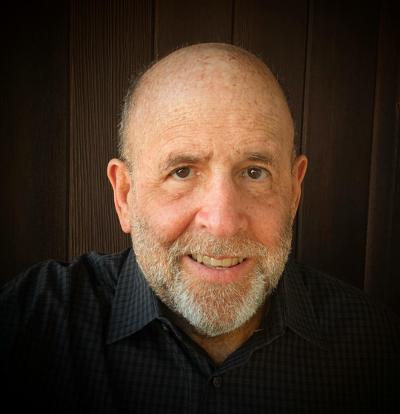
Andrew Malekoff
There are young people who graduate college with a clear vision of what’s next. Others are lost. In 1973, I was lost.
This past May marks 50 years since I graduated from Rutgers University. I had no clear vision about what might be ahead. On a whim, I mailed an application to VISTA (Volunteers in Service to America), which is the domestic equivalent of the Peace Corps, known today as AmeriCorpsVISTA.
VISTA’s mission is to organize people to improve communities through national service and volunteering, a foundation of our national culture.
In the months following graduation, I returned to my childhood home and worked a variety of jobs in construction, warehouse work and security (bouncer at a bar).
Meanwhile, as my VISTA application was pending, I took a cross-country trip with three friends.
I distinctively recall the phone call which came when I returned home, advising me that my VISTA application was approved and, should I choose to accept, my assignment was to be in Grand Island, Neb.
Grand Island? Where is that? I pulled out a map from an old National Geographic magazine on my bookshelf (they always included lots of cool maps) and found that Grand Island is just about mid-U.S. I thought it over, decided to follow my heart, and I accepted.
They flew me to Kansas City for a week’s training to orient me to the people, places, and, things I needed to know. I learned that I would be living with a local family in a low-income predominantly Mexican-American community until I found a place of my own.
As a volunteer, I received subsistence wages to cover bare necessities. The good news was housing was inexpensive. I rented a house with three other VISTAs, as we were known, for $100 month (yes, $25.00 each!). The little yellow house we moved into was situated right on the edge of a cornfield.
As far as my VISTA “work assignment,” although it was never really formalized per se, I gravitated to working with at-risk teens.
While I was not a trained counselor (my college major was economics) I was naturally comfortable with children and teens. I had served as a “big brother” in a college service program and had good role models in my father and uncles.
Intuitively, I knew that I could not engage the teens successfully without the consent of their elders, particularly since I was a gringo stranger new to town. I wondered, how do I engage these kids, gain the trust of their elders, and begin to organize something that might be meaningful.
“How do you organize?” asked civil rights leader Robert P. Moses. “You bounce a ball. You bounce a ball, and some little kids come by to play, and then some bigger kids arrive, and then some high school and college kids, and you begin to talk issues with their parents, and then you organize.”
I lived in an area of town with only dirt roads. My house was just across the tracks that carried freight trains day and night. The ever-present train whistle was a part of the daily soundtrack. A short walk beyond the tracks was a churchyard with a basketball hoop. I walked over to the church and bounced a ball.
I was 22 at the time, not much older than the kids hanging out there. I bounced the ball and soon we had a game. It was that moment, and the decisions that led up to it that turned into a 50-year-long career in social work devoted to children’s mental health.
My VISTA roommates left Grand Island after their one-year commitment. I was offered a job at a local community mental health agency, on the strength of my youth work that was devoted to alcohol and substance use prevention and strengthening cultural identity through the use of the arts (music, dance, poetry).
I stayed on in Grand Island, living in the little yellow house for two more years, until I was accepted into the Adelphi University School of Social Work, which provided me with the opportunity to advance my work with young people.
If you are a recent graduate and feel lost, as I did, don’t lose hope. Keep an open mind and heart. For me, national service became the path and inflection point in my life.






